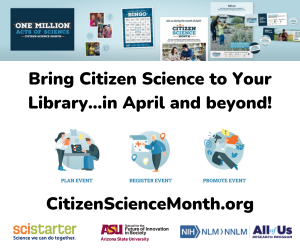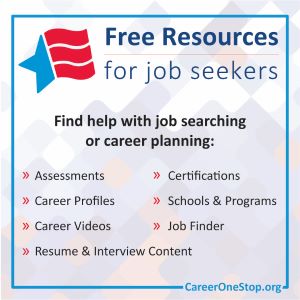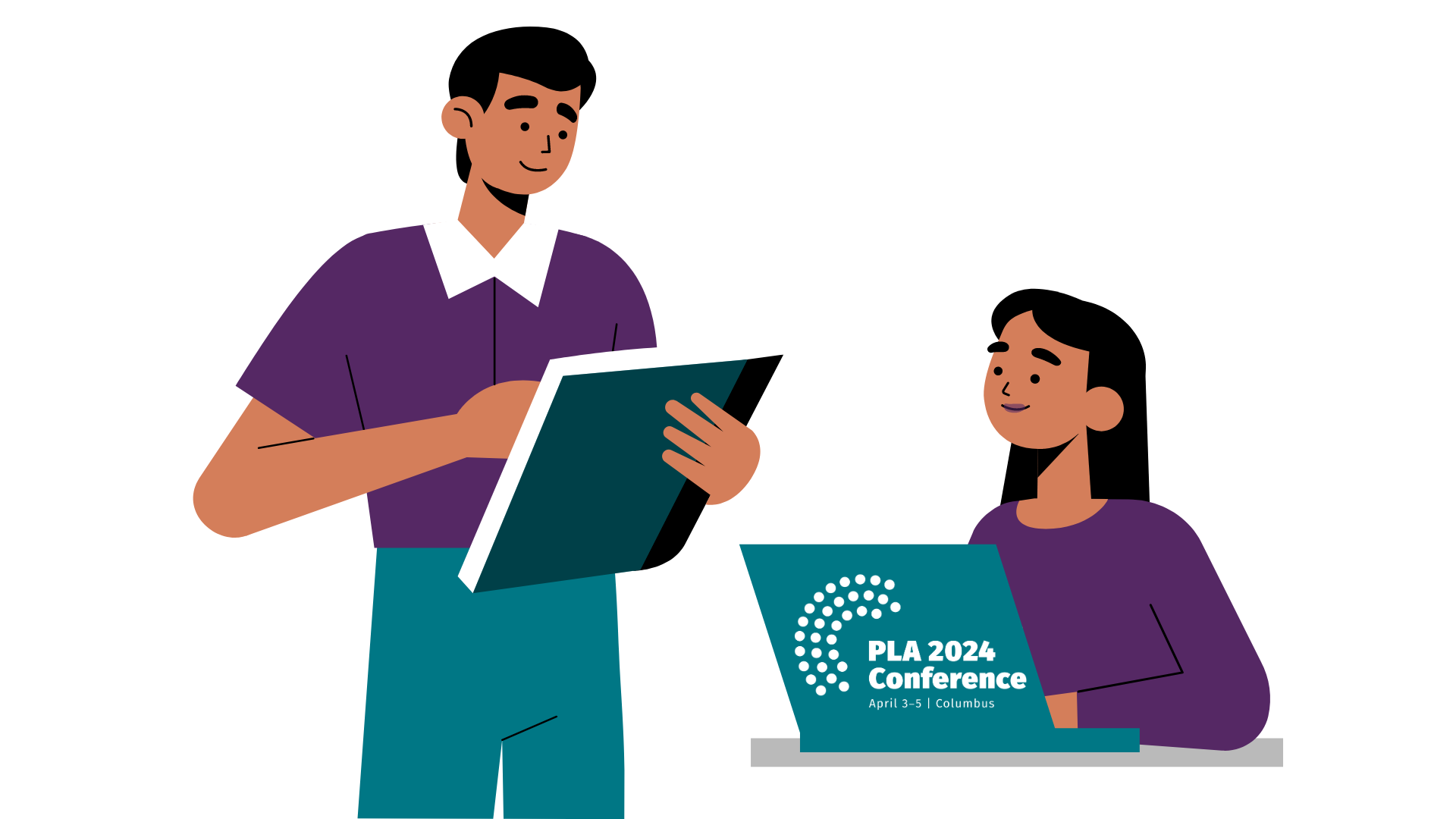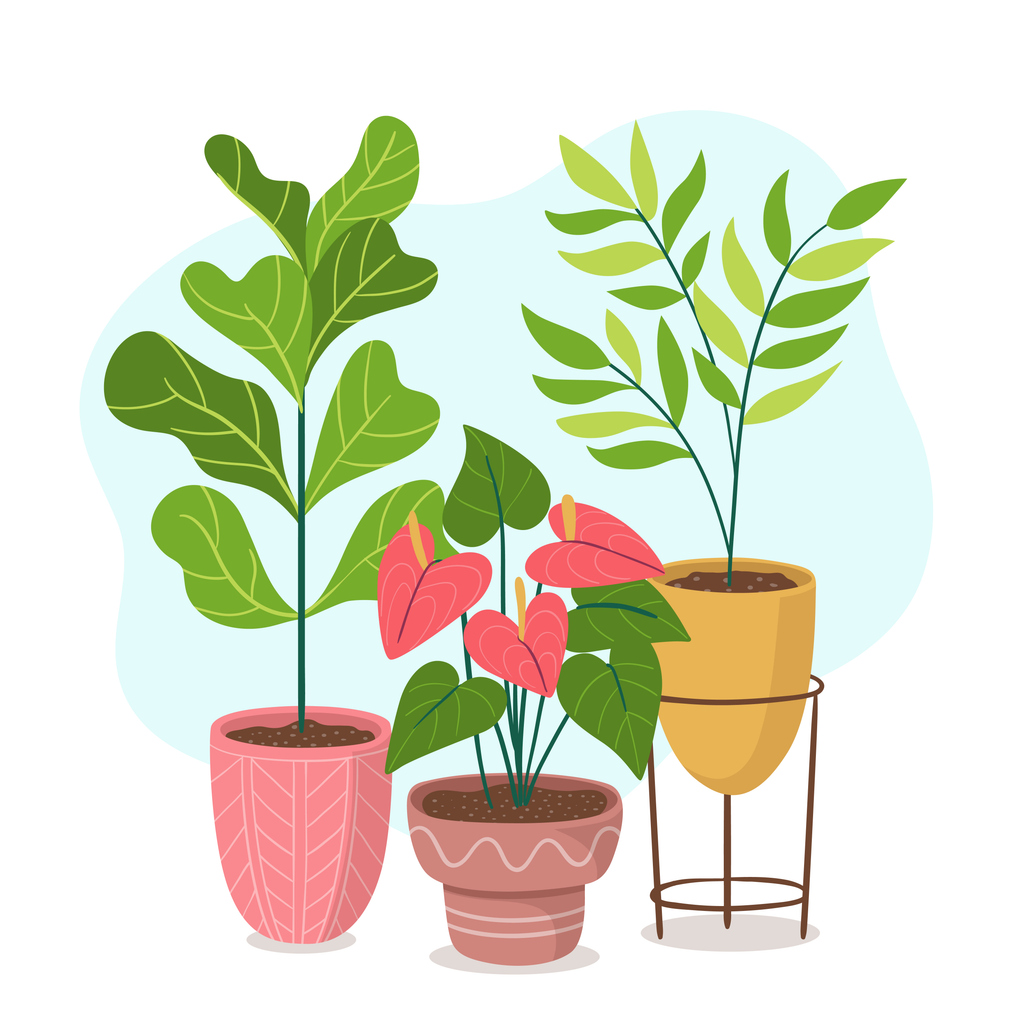Naming the Elephant
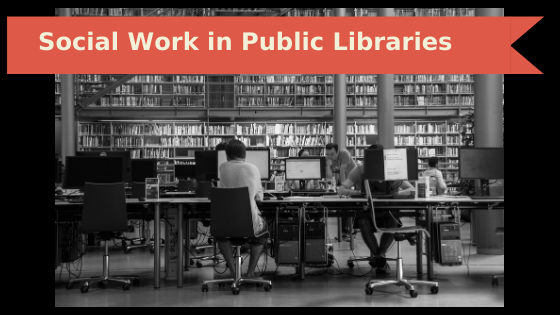
I am a public library social worker. This may be the first time you’ve heard of such a position, but helping professionals like me are now working within roughly three dozen library systems around the United States. As our institutions continue to serve the public during a global pandemic and other stressors, I am very concerned about burnout and staff mental health.
This summer, I wrote a piece on the importance of protecting library staff mental health when reopening. I stand by my advice in that article. However, to me, it feels as if the light at the end of the tunnel is moving further away, not closer.
The covid-19 pandemic has ended over 220,000 American lives and its subsequent economic impact has devastated many more. Black and Brown Americans are dying in their own homes at the hands of law enforcement. State governments are attempting to reopen the economy using the same methods that failed in early summer and resulted in increased infections, including in my state of Texas. The 2020 presidential campaign feels both silly and sinister. All signs point towards a long and difficult winter regarding our public health, mental health, and the cultural health of our nation. In this environment, how are we to protect the wellbeing of our coworkers and of ourselves?
We must name the elephant in the room: this is a frightening and absurd time. For Americans of color, (I can only imagine) this must also feel like the most dangerous period in a generation. We need to honest about this. These days, asking a coworker “how are you?” feels like an encouragement for them to lie and reply “great!” The truth is that very few of us are doing well. To find oneself struggling through the days, to feel anxious and unsure, to feel new symptoms of depression is not only to be expected but — I think — appropriate. And we need to talk about it.
When speaking to someone experiencing suicidal thoughts, best practice is to ask them directly, “Are you having thoughts of suicide?” No beating around the bush. The thinking here is (in part) that by naming that which may have previously existed only in the troubled person’s mind, we may help relieve some of the burden they have been carrying alone. While I hope that none of you are experiencing this level of despair, we should remember that naming and sharing those shadowy corners of our imagination with trusted individuals — including coworkers — can often shed some light upon them.
Discussing these issues is hard; doing so at work is even more difficult. This kind of openness and vulnerability does not come naturally to everyone. However, normalizing the uncertainty and sadness that we may be feeling as individuals and that many of our coworkers are experiencing is crucial. Doing so can help us feel more connected to others who are having similar feelings and protect us from the lonesomeness of our darkest thoughts. It can also prevent a stressed-out workplace from slipping into an unhealthy or toxic culture. Further, as they continue to confront and cope with traumas that white folks cannot understand, our libraries should lift up and allow extra space for staff members of color to express themselves if they choose to do so.
While there is no playbook for our current reality and the many traumas it is inflicting, we know that compassion and acceptance are vital to the trauma-informed perspective. When presented with great challenges, many of us seek out trainings, curricula, books, or other resources to tell us how to better cope or problem solve. To be sure, these resources can be helpful. However, right now, I think that to care for ourselves and one another, we should consider returning to the basics of compassionate human interaction. We need to simplify our work and focus on the interpersonal connections that can be protective of our physical and our mental health.
That said, there may also come a time when concern for oneself or a coworker necessitates professional intervention. Library staff and leadership should familiarize themselves with local mental health resources, applicable employee assistance programs, and Mental Health First Aid. Your community may have a dedicated mental health team. There may be a nonprofit focused on providing services to folks grieving the death of a loved one. Seek out these resources. If you have trouble finding them, please reach out to the PLA Social Work Task Force or feel free to reach out to me directly.
The seeming endlessness of the myriad difficulties of recent months is perhaps what has felt most difficult to me. The tunnel seems to go on and on. If you and a group of friends have ever been explored a dark cave, walked through a pitch-black haunted house, or attempted to navigate a moonless trail on a camping trip, you know that often the easiest way to get around is to place your hand on the shoulder of the person in front you while lending your own shoulder to the person behind you. Although the light at the end of our current tunnel may be dim, I encourage you to reach out for the nearest shoulder and to then offer your own.

